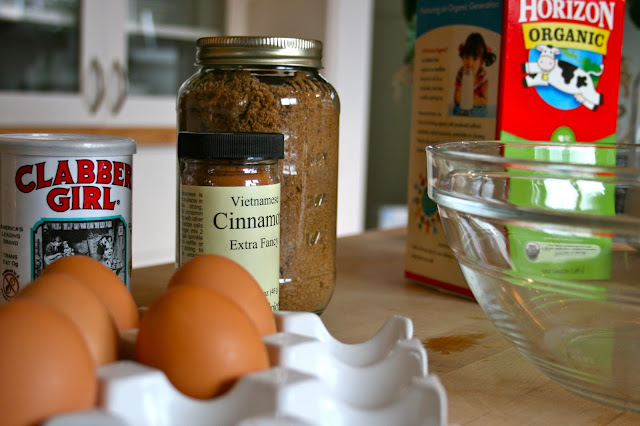Brophy's Tea
Chef Brophy is an enigma.
We met about 9 years ago, when I started working for another culinary school in town, and right away, I knew he was a likable character. We are both happily working at Oregon Culinary Institute now, a smaller, locally owned school that was started up by some of the most experienced and passionate chef's from a much larger chain brand school. Chef Brophy is not only an accomplished Chef and instructor, he's also a Master Gardner, a Marine Biologist (most specifically, an 'edible inner tidal specialist') and he's cooked and taught professionally for over 34 years. Brophy's stoic demeanor, his bristly moustache, and bushy eyebrows subtly disguise the very dry sense of humor bubbling just beneath the surface. (the sparkle in his eyes give him away most of the time) He is one of the most well educated and interesting chef instructors I know. He has encyclopedic knowledge of sea food, gardening, heirloom tomatoes, mushrooms, how to raise chickens in the city, and of course... tea.
This morning, Brophy brought me a lovely gift. My own can of his favorite morning beverage, the weird and wonderful tea he recently turned me onto:
It's an acquired taste to say the least. You either love it or you hate it. The strong scent of campfire wafts through the air in my office when I brew a cup of it. Chef Brophy suggests bringing water the the peak boiling point so that the dried leaves unfurl and give you the strongest and most aromatic and strong flavor.
The taste and smell of reminds me of pulling my sweatshirt around me while sitting close to a summer campfire. It reminds me of the smell of fall in the forest, keeping warm on the beach at the Oregon Coast and roasting marshmallow's over an open flame.
Brophy said this particular sort of tea used to be popular with sailors and was served to men in battle in Europe years ago. One story tells of a warehouse in China where many soldiers camped nearby, and when they left, the tea makers had to quickly finish drying the tea by roasting the leaves over fires made of damp pine. When I looked online, I found another story about a similar smoky tea, Russian Caravan:
"The name refers to the long, overland journey that tea would travel on from China to the markets in Moscow. Wooden chests of rather bland tasting tea would travel on camel back, often taking a year to complete the journey. This Russian-bound tea was famous for the smell of the many campfires it would absorb along the way. And thus, the smoky tea varieties became associated with Russia, and often have Slavic or Russian monarchy names, like Czar Nikolai or Ekaterina"
I love a good story behind the things I eat and drink.
It elevates the experience.




He looks like a great character.
ReplyDeleteHe is! The students and other chefs adore him... he'd be an excellent character in a book~
ReplyDelete